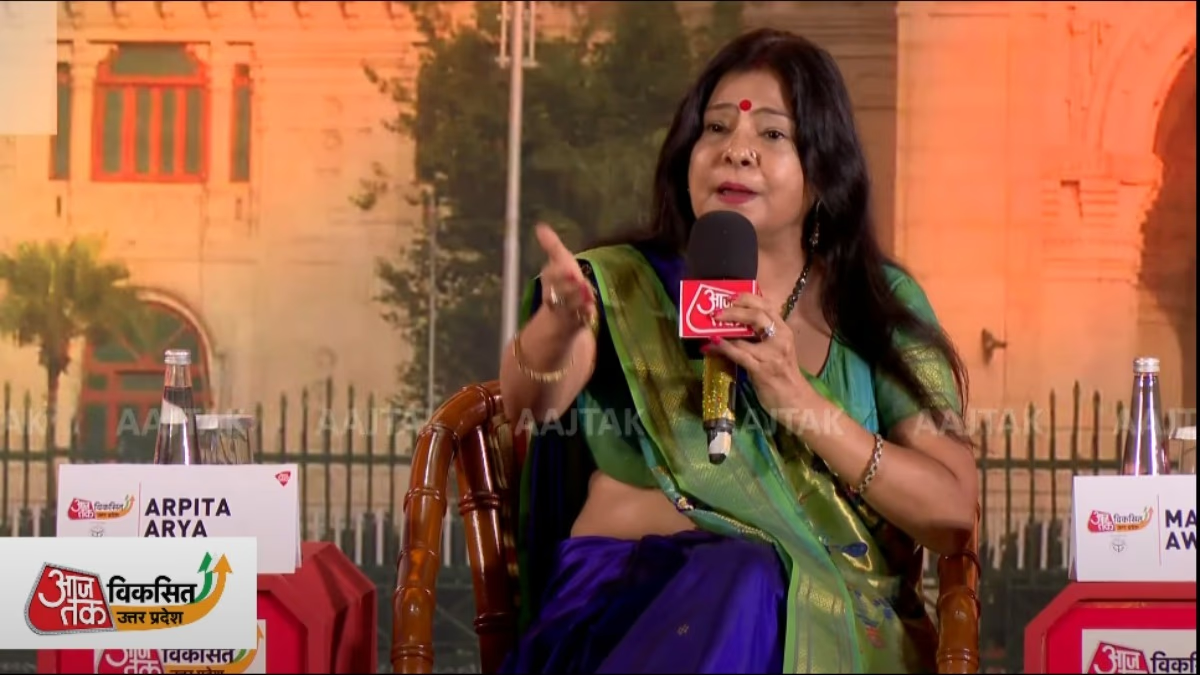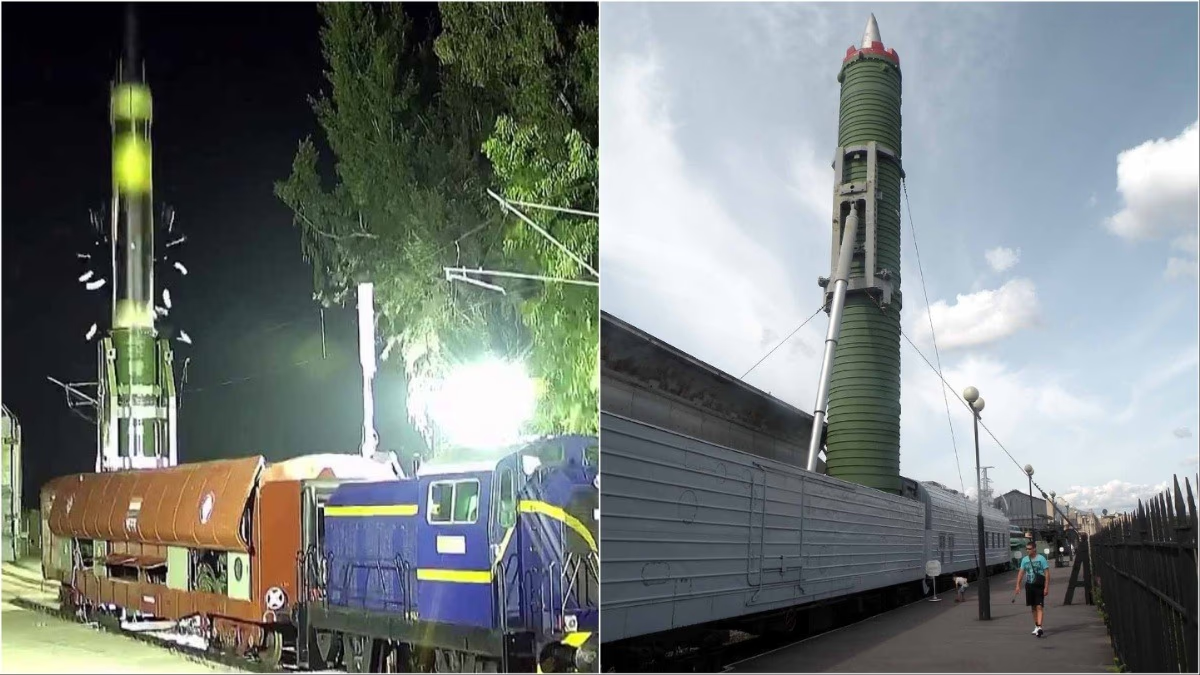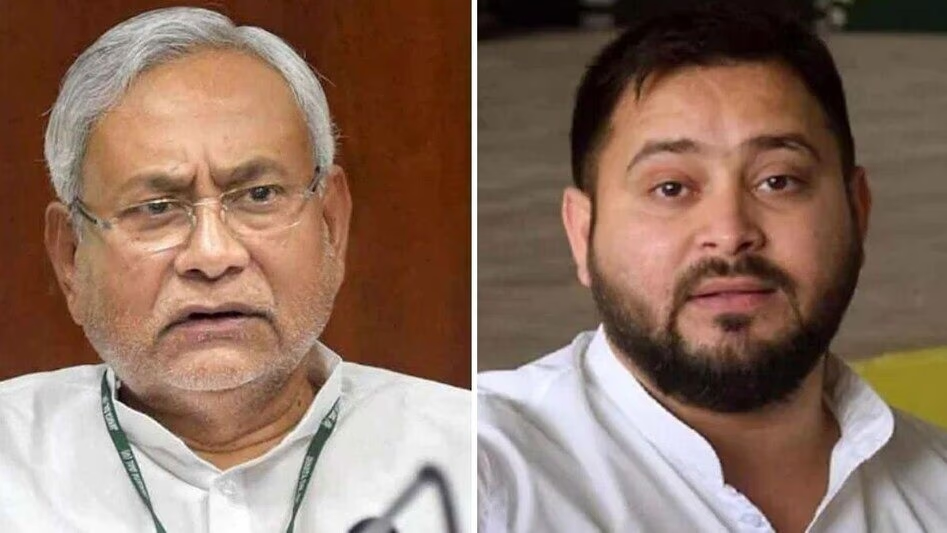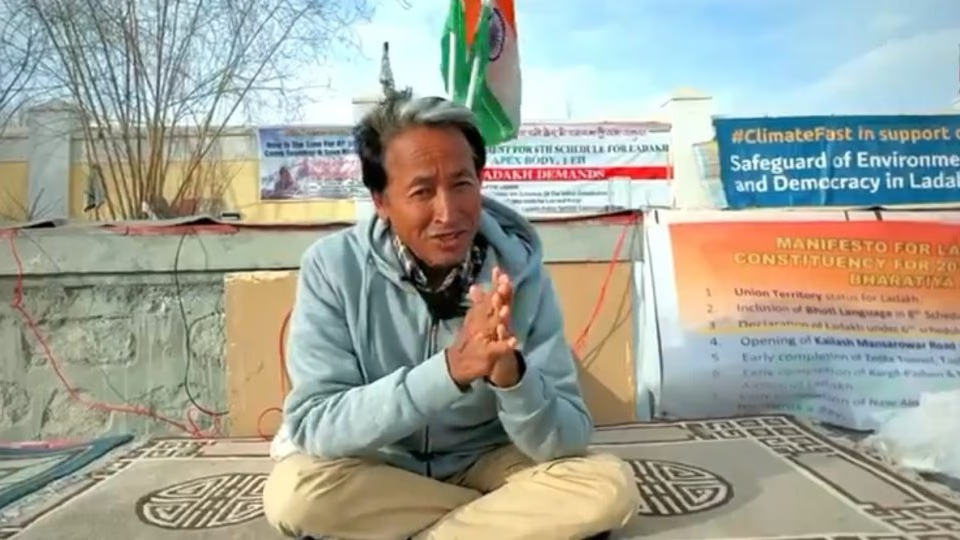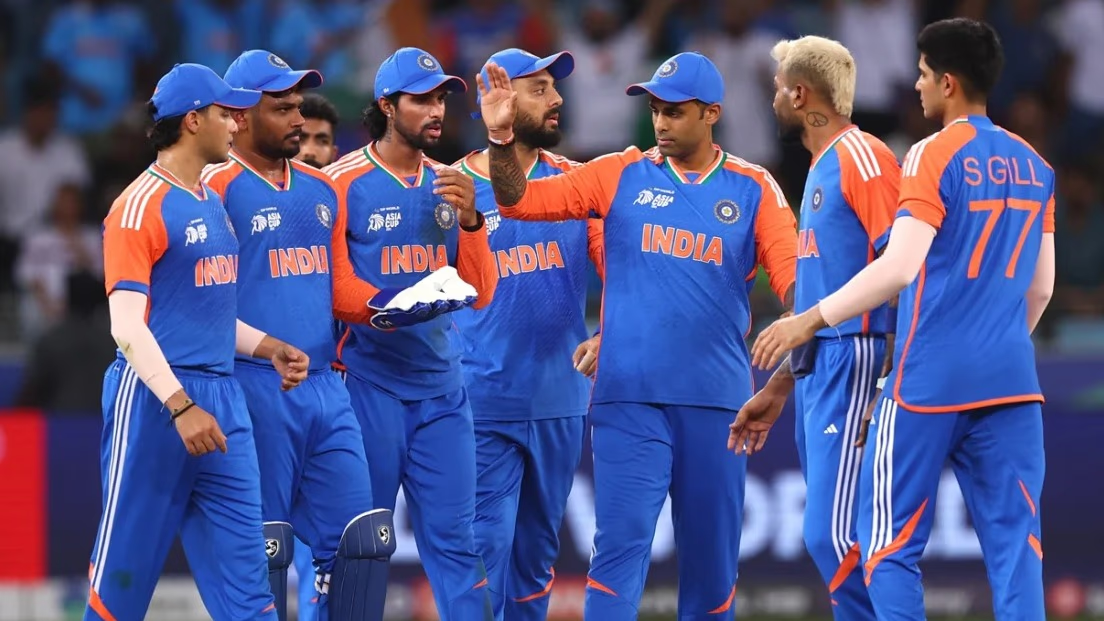Many stars gathered at the Vikasit Uttar Pradesh Summit 2025 organized by Aaj Tak. Folk singer Malini Awasthi caught everyone’s attention in the session 'Uttar Pradesh's Brave Women,' discussing the progress and empowerment of women. Joining her were fashion designer Tanmaya Manish, Asian Games gold medalist Sudha Singh, and businesswoman Julie Devi. These women shared their journeys, insights, and achievements in advancing society's and their career's dimensions.
Is There a Difference Between Women in Delhi and UP?
When Malini Awasthi was asked whether there was a difference between the women from UP and Delhi during the session, she congratulated everyone on Navratri. She said, 'I am thrilled to witness such a magnificent display of women's power during Navratri. All these women have achieved a lot of fame and recognition on their own. I believe that the stories of women's struggles are the same everywhere, no matter where they are. Some things never change. Women always have responsibilities that include taking care of both family and profession. The Goddess Durga we worship during Navratri is depicted with eight arms, embodying the multi-tasking abilities women possess. Our ancestors knew that men might not manage what women easily can. Here, you see women who've created an identity both at home and in society, overcoming countless obstacles.'
The singer further explained, 'I don't think specific circumstances change much. It is true that a long time ago, in southern India, Gujarat, and Maharashtra, we saw women stepping out and working, unlike in Uttar Pradesh back then when it was quite tough for women in UP and Bihar to step out and chase their dreams. But times have changed, mindsets have evolved, and now we see women leading the way. I recall my childhood and teenage years when society would often throw jibes. I was singing at the time, and back in the 70s-80s, a girl singing on stage wasn’t instantly respected or recognized. From that era to this, seeing parents proudly presenting their daughters as artists is truly heartening.'
Women Taking the Stage is Monumental
Expounding further, Malini continued, 'To answer your question comprehensively, what you see on stage is often preceded by a struggle. The journey there can be solitary. Whether by train, cars, or buses, safeguarding oneself among men, reaching the platform in unknown cities among strangers is no trivial task for women. Being a female artist is about safely and respectfully singing, a reality previously marred by insecurity. But today, we are here because Uttar Pradesh is indeed setting global examples in security matters. When a state prioritizes security, and the women feel secure, it positions itself for incredible growth.'
During the session, businessperson Julie Devi spoke about her business and the condition of women in rural areas. She noted that while domestic women often remain confined, Chief Minister Yogi Adityanath's initiatives like the National Rural Livelihood Mission have given them new opportunities. Julie Devi is under the Vidur Self-Help Group with 15,000 women crafting handmade soaps and scooters. Their company’s quarterly turnover is 6 crore rupees, significantly aiding the financial stability of many rural women.
Government Needs Public Support
Impressed by Julie Devi's story of collaboration with the government, Malini was inspired. 'Sometimes we form opinions. Uttar Pradesh is no less than a country with its large population. Often government schemes fail to materialize effectively because people take them for granted, believing it's solely the government’s responsibility. But when a government genuinely wants a plan to reach the people and its benefits are fully realized, groups like the Vidur Self-Help Group serve as testament.'
Malini noted that film stars, singers, and glamorous individuals often serve as sources of inspiration and role models, which is as it should be. Yet, ordinary women stepping out of their domestic confines, standing on their own two feet with dignity, achieve remarkable feats. Malini revealed that Uttar Pradesh ranks number one in Indian State Revenue Surplus this time. The singer remarked, 'Once considered a backward state, who would have imagined that women in UP could become beacons of economic progress?'
Malini shared an anecdote when she traveled by car and was amazed to see two women on night duty at a toll booth at midnight. It signified significant changes in Uttar Pradesh. Moreover, prominent figures like Pandit Birju Maharaj, Sonu Nigam, Sunidhi Chauhan from Uttar Pradesh, and more are recognized. Still, now local artists also receive opportunities on UP stages. Initially, only external artists performed, forcing local artists' children into agriculture or opening pan shops. But now, local artists gain employment, and UP’s folk arts flourish, indicating no one can stop a state with a growing culture budget.
She further added, 'In 2016, I received the Padma Shri. After 24 years, Uttar Pradesh had a recipient of this honor. Many artists existed before me. If we don't appreciate our own here, no outsider will. Proudly, names are being sent from here, indicating, 'Look, this is our boy.' My home is in Mumbai, yet I take pride in my roots here. I’ve continuously championed this culture since childhood, and it's invigorating to see a government advancing and recognizing it now in Uttar Pradesh.'
Views on Ram Temple
Malini Awasthi also shared her thoughts about the Ram Temple in Ayodhya. She described how media, government, and the entire country have turned towards Ayodhya since the temple's inception. 'Earlier, Ayodhya was seldom visited as if cursed. We witnessed it. My husband was the district officer there in 1997. We saw Ram Lala in a tent. Schemes were rarely executed by the government. Primarily, ministers, including prime ministers, avoided Ayodhya. We observed this era. I reiterate, if we don’t take pride in our culture, our deities, and our heritage, nobody else will.'
